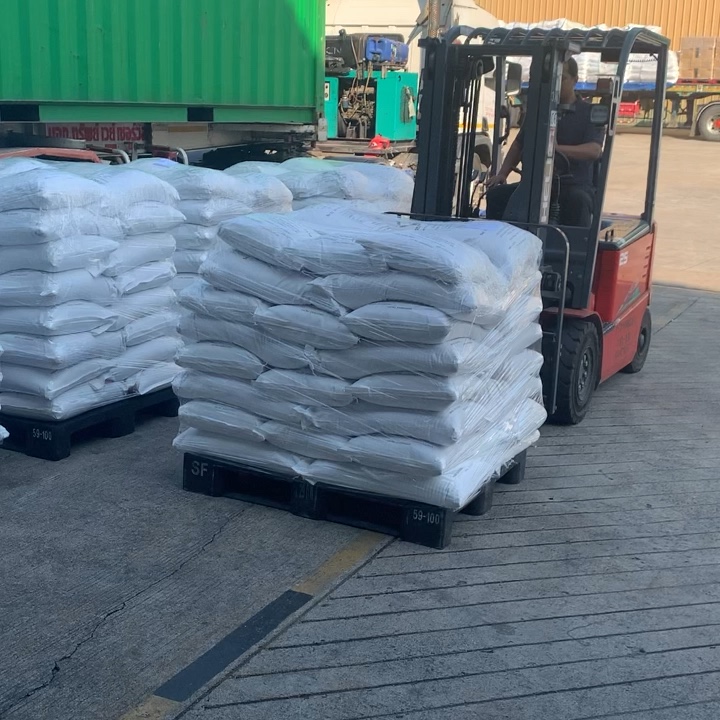Brazilian ICUMSA 45 sugar suppliers-ICUMSA 45 sugar import and export, GreenZPZoo, an established player in the agribusiness sector, is expanding its portfolio to include the trading of ICUMSA 45 sugar. ICUMSA 45 is highly sought after in the global market due to its high purity and versatility. This post provides a comprehensive guide on how to navigate the complexities of importing and exporting this premium-grade sugar. This group includes various Brazilian sugar suppliers who emphasize their commitment to quality and adherence to international standards. They outline a clear, non-negotiable procedure for transactions, ensuring secure and reliable dealings (Brazilian sugar exporters) (SUGAR ICUMSA 45 FROM BRAZIL).
Understanding ICUMSA 45 Sugar
ICUMSA, or the International Commission for Uniform Methods of Sugar Analysis, has established standards for sugar quality. ICUMSA 45 is the highest quality, characterized by its sparkling white color and fine granules. It has a maximum ICUMSA value of 45, indicating very low levels of contaminants and impurities. This makes it ideal for direct human consumption and use in food and beverage industries. They provide detailed information on ICUMSA 45 sugar, emphasizing its high demand due to its purity and safety. They offer various services, including buying and sourcing services for international clients (Brazilian Sugar).
Why Choose ICUMSA 45 Sugar?
- Purity: ICUMSA 45 is one of the purest forms of sugar available.
- Versatility: Used extensively in beverages, confectionery, and pharmaceuticals.
- Market Demand: High global demand ensures steady trading opportunities.
- Compliance: Meets strict international standards, facilitating easier cross-border trade.
Importing ICUMSA 45 Sugar
- Market Research and Supplier Selection
- Research Global Suppliers: Identify and vet potential suppliers. Look for those with a track record of reliability and quality.
- Sample Testing: Request samples and have them tested for ICUMSA compliance.
- Negotiation and Contracts
- Price and Terms: Negotiate prices, delivery terms, and payment conditions.
- Contracts: Draft and sign contracts outlining the terms of trade, including quality specifications, delivery schedules, and penalties for non-compliance.
- Regulatory Compliance
- Import Licenses: Obtain necessary import licenses from your country’s trade regulatory body.
- Quality Certifications: Ensure the supplier provides certifications proving the ICUMSA 45 grade.
- Logistics and Shipping
- Shipping Method: Choose between sea freight or air freight based on urgency and cost considerations.
- Customs Clearance: Work with customs brokers to handle documentation and compliance with import regulations.
- Insurance: Insure the shipment to cover potential losses or damages during transit.
- Warehouse and Distribution
- Storage: Arrange for appropriate storage facilities that maintain the sugar’s quality.
- Distribution: Plan an efficient distribution network to deliver the sugar to your end-users. They highlight the importance of formal negotiations and proper documentation to facilitate trade (BRZSugarSuppliers).
Exporting ICUMSA 45 Sugar
- Market Identification and Research
- Target Markets: Identify potential markets with high demand for ICUMSA 45 sugar.
- Market Entry: Analyze entry barriers, such as tariffs and non-tariff barriers, and develop strategies to overcome them.
- Compliance and Certification
- Export Licenses: Secure necessary export licenses from your national trade authorities.
- Quality Assurance: Ensure that your product meets the regulatory requirements of the destination countries.
- Marketing and Sales
- Marketing Strategy: Develop a marketing strategy to promote your sugar in the target markets. Utilize trade fairs, online marketing, and direct sales.
- Sales Channels: Establish relationships with local distributors, wholesalers, and retailers.
- Shipping and Documentation
- Shipping Arrangements: Coordinate with logistics providers to ensure timely and safe delivery.
- Export Documentation: Prepare all necessary export documents, including the commercial invoice, packing list, bill of lading, and certificate of origin.
- Payment and Financing
- Payment Terms: Decide on the payment terms (e.g., Letter of Credit, advance payment).
- Financing Options: Explore financing options such as export credit insurance to mitigate risks.
- Customer Support and Feedback
- Customer Service: Provide excellent customer service to build long-term relationships.
- Feedback Mechanism: Implement a feedback system to continuously improve product and service quality.
Challenges and Solutions
- Regulatory Hurdles: Navigating different countries’ regulations can be complex. Partner with local experts to ensure compliance.
- Supply Chain Issues: Disruptions in the supply chain can delay shipments. Maintain strong relationships with multiple suppliers and logistics providers to ensure reliability.
- Quality Control: Ensuring consistent quality can be challenging. Regularly audit suppliers and maintain strict quality control protocols.
- For more detailed inquiries or to initiate the purchasing process, you can contact these suppliers directly through their websites.



